Northern Nishnawbe Education Council is planning to operate Dennis Franklin Cromarty High School and Pelican Falls First Nations High School under a quadmester system due to the COVID-19 pandemic.
Photo by Rick Garrick.
Northern Nishnawbe Education Council (NNEC) plans to operate the Dennis Franklin Cromarty and Pelican Falls high schools under a quadmester system this year due to the COVID-19 pandemic. It also plans to operate the Wahsa Distance Education Centre through its usual remote delivery system with learning centres in the communities according to the school calendar that was approved this past spring.
“For Dennis Franklin Cromarty High School and Pelican Falls First Nations High School we are making modifications based on Ontario’s guide to reopening schools, recommendations from the Northwestern Health Unit, recommendations from the Thunder Bay District Health Unit, working with NNEC legal counsel as well as our tribal council partners and First Nations to provide a modified program for the 20/21 school year due to the global pandemic,” says Dobi-Dawn Frenette, director of education at NNEC. “Initially we should have been starting on Aug. 24 (when) our students would have come out. Now we are looking at starting remote only on Sept. 8 (and) we are moving from a two semestered system to a four quadmester system.”
Frenette says the two NNEC high schools will not be open for in-person attendance by students during the first quadmester under the remote only start-up.
“Right now we are looking at using our Google platform, so Google Classroom, for the online education,” Frenette says. “Of course we are well aware there are broadband and connectivity issues in the communities so we are working on other solutions where students may not have access to adequate bandwidth. That could include sending up UBS sticks and using teleconference calls or where there is limited to no access … we may need to use other methods including sending up copies (of work) that can be printed out (so) the students can work from the hardcopy materials.”
Frenette says NNEC submitted a plan to the federal and provincial governments that includes funding and resources to set up a classroom in each of the communities with either a teacher or a tutor.
“It’s really important for student engagement that they do have those supports in place,” Frenette says. “Within our existing budget we don’t have the funding to set up the additional learning centres so we put that request forward to both the federal and provincial governments.”
Frenette says DFC and Pelican usually operate on a condensed school year with longer school days so students do not have to be away from their communities for the usual September-June school year.
“We are still implementing a condensed model for the quadmester so once it is safe to open our schools for our students then should their parents or communities determine that they are able to come out to attend we still want to make sure they are away from their home communities for a short time frame,” Frenette says. “Our school schedule would wrap up mid-May — our normal school run time is mid-May.”
Frenette says NNEC is aware that remote learning is not the ideal platform for all students.
“We do have students that do want to come out and they are disappointed in regards to the fact we are offering remote learning for the first (quadmester),” Frenette says. “We also have parents that know their children would excel in in-person learning so they are also wanting to ensure that when it is safe to do so that their children can come out to attend in person.”
Frenette says the communities also need confirmation from NNEC and other partners on what is going to happen with the high schools.
“But of course the priority for the NNEC board and management and staff is that we are able to follow all the recommendations so that we can open our schools safely,” Frenette says.

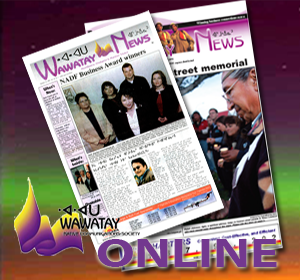




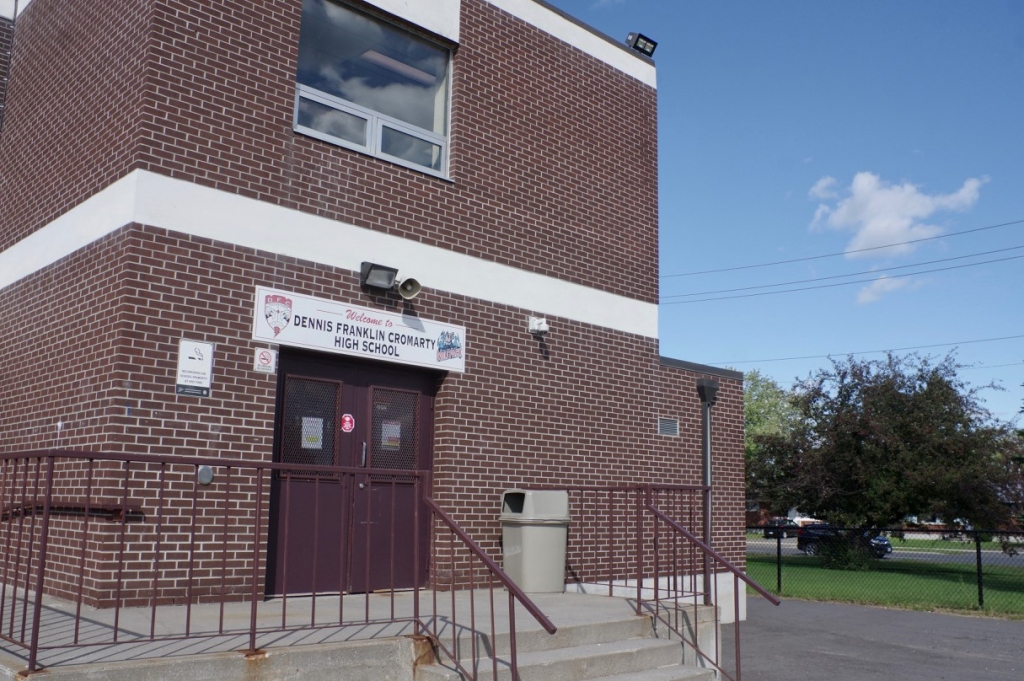

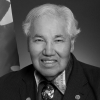

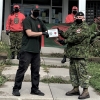

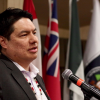
Gold has arrived. Here in the north of Ontario we see vast streams of gold shimmering across the landscape as autumn is here and the the leaves are turning...
I am the product, evolution of many thousands of years as are you. I grew up on the land in the remote far north of Ontario following in the footsteps of my...